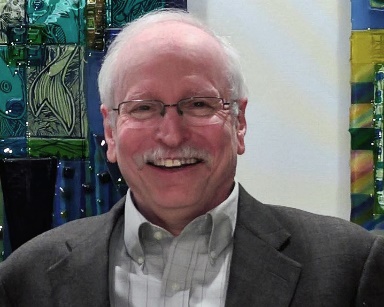Scientific Program

Lawrence Wierzbowski
Avatrode LLC, USA
Title: The potential value of simulation for intraoperative neurophysiologic monitoring
Biography:
Lawrence Wierzbowski is a neurophysiologist for over 25 years has numerous published peer reviewed articles and has contributed to book chapters on IONM. He earned his doctorate degree from the University of Florida. He has been an invited speaker multiple times for several organizations including ICCN, ASET, ASNM, CSET, SSET, and SNACC at the World Congress of Anesthesiologists. He earned the DABNM and BCS-IOM board certifications. He reviews for the Journal of Clinical Neurophysiology and was awarded Fellowship in ASNM for his research and service to the profession. He has served as IONM faculty in both Canada and Australia for college level IONM courses.
Abstract
There are many surgeries that utilize Intraoperative Neurophysiologic Monitoring (IONM) but most surgery has a low incidence of potentially catastrophic neural complications. Diab et al., reviewed adolescent idiopathic scoliosis surgery and reported a low complication rate of 0.69%. How does an IONM neurophysiologist gain the knowledge and skills to optimize patient safety when there are so few events that lead to paraplegia? Rodriguez-Paz comments that current medical training is insufficient and presents a source of preventable harm to patients. They propose that any training paradigm must include a medically simulated environment. Prior studies have reported that a major advantage of simulation is “Time Compression”. Our present study constructed a virtual reality environment that includes all elements of surgical neurophysiologic monitoring from the initial patient interview up to a possible iatrogenic surgical event requiring the simulation participant to make a major decision and then explore the consequences of that decision. This process was compared to actual surgical times for a like event and essentially 1.75 hours of surgery was compressed to 6 minutes. This study showed a simulated surgery can be practiced multiple times and consequences of both good and bad decisions can be examined. It is recommended that relative to a control group, practitioners using surgical simulation be evaluated post-training for benefits in declarative knowledge, procedural knowledge, long term retention and self-efficacy.
- Healthcare
- Clinical Simulation
- Surgical Simulation
- Medical Simulation
- Simulation in Nursing
- Critical & Emergency Care
- Healthcare and Nutrition
- Simulation in Ophthalmology
- Simulation in Dentistry
- Brain Simulation
- Occupational Healthcare
- Alternative Healthcare

